As many of you may know we have been working with geneticists to understand the significance of Louisiana’s Wild Horses found in Kisatchie National Forest / Fort Polk military base.
Dr Gus Cothran and Dr. Phillip Sponenberg have recently made some very impactful statements and I wanted to share with you!
Leading Equine Geneticists
From the results so far, the Fort Polk and Peason horses appear to be from the same population. That is, DNA has not picked up any distinctions that I know of, at least to this date. As a group they are closest to horses in Colombia, Venezuela, and Peru. Among all horses across the globe the Colombian ones stand out as fairly unique, so this is a bit unexpected but is also significant. In light of these findings (and more would always be better!) I think it is fair to say that of the populations in North America the Fort Polk/ Peason Ridge horses stand out as being closest to the important Caribbean/Colombian root. It was surprising to me that no close connection was found with Tennessee Walking Horses or other relatively local American breeds. They are therefore a genetic resource of horses that is distinct from others that are available in North America. This uniqueness makes them a relatively high priority for conservation. Pulling a conservation effort together will be a challenge, but success would assure that this unique resource does not become extinct.
– Dr. Sponenberg, Department of Biomedical Sciences and Pathobiology VA-MD College of Veterinary Medicine Virginia Tech
The two groups from Fort Polk are more like each other than like any other horse type we compared them to but what that means is that they have the same origin…. The Fort Polk horses show closest resemblance to Spanish derived breeds which means they also have a Spanish background and potentially could be considered Colonial Spanish. Again, only minimal numbers have been tested so conclusions are subject to re-evaluation. These preliminary observations indicate that the horses should be preserved because they may represent the Colonial Spanish horse type which is rare world-wide.
– Dr. Gus Cothran, professor emeritus at the Texas A&M School of Veterinary Medicine & Biomedical Sciences (CVM)
Your Support is More Critical Now Than Ever!
Our mission is and has always been to secure a future for Louisiana’s Wild Horses. We can accomplish this by getting these horses the recognition and protections that are needed to ensure we do not lose this unique Louisiana treasure.
While other organizations have acquired groups of Louisiana’s Wild horses from documented removals, Pegasus Equine Guardian Association is the only organization whose sole focus is on Louisiana’s Wild Horses and we are committed through thought and action to not only preservation but also ensuring their long term welfare.





In addition, approximately 28 blood samples were sent to Dr Samantha Brooks of Brooks Equine at University of FL (some horses we collected both blood and hair from.) A select few from this test was sent to Dr Orlando in France to be part of a global study.
These unique herds in located in Louisiana’s Kisatchie National Forest is not something to destroy. Rather a truly amazing and unique part of Louisiana that should be protected. It is possible theses horses have links to horses far older that anyone realizes.
We need your help to care for those who have been removed and your help to protect the small herds that still remain wild and free.
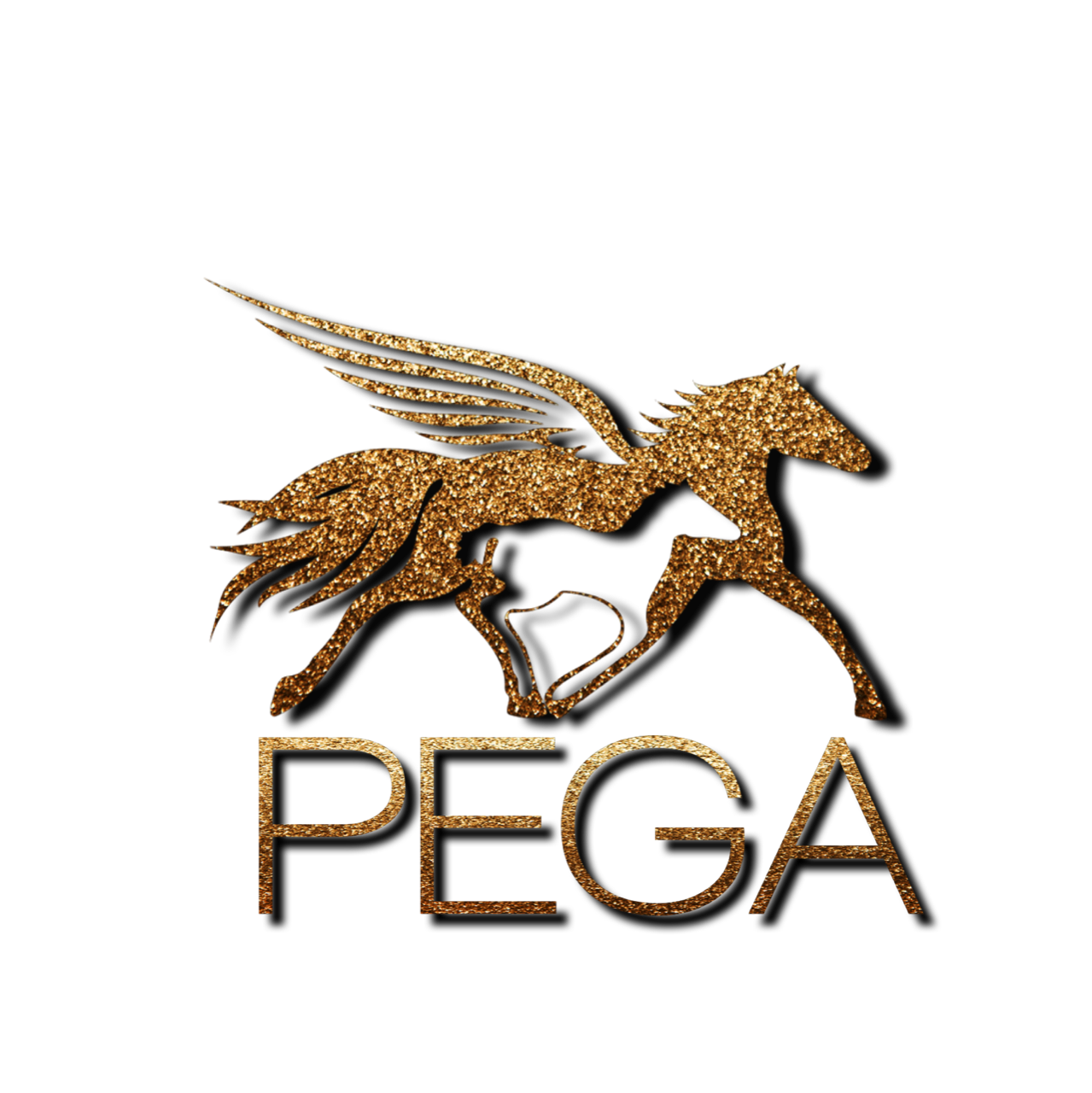

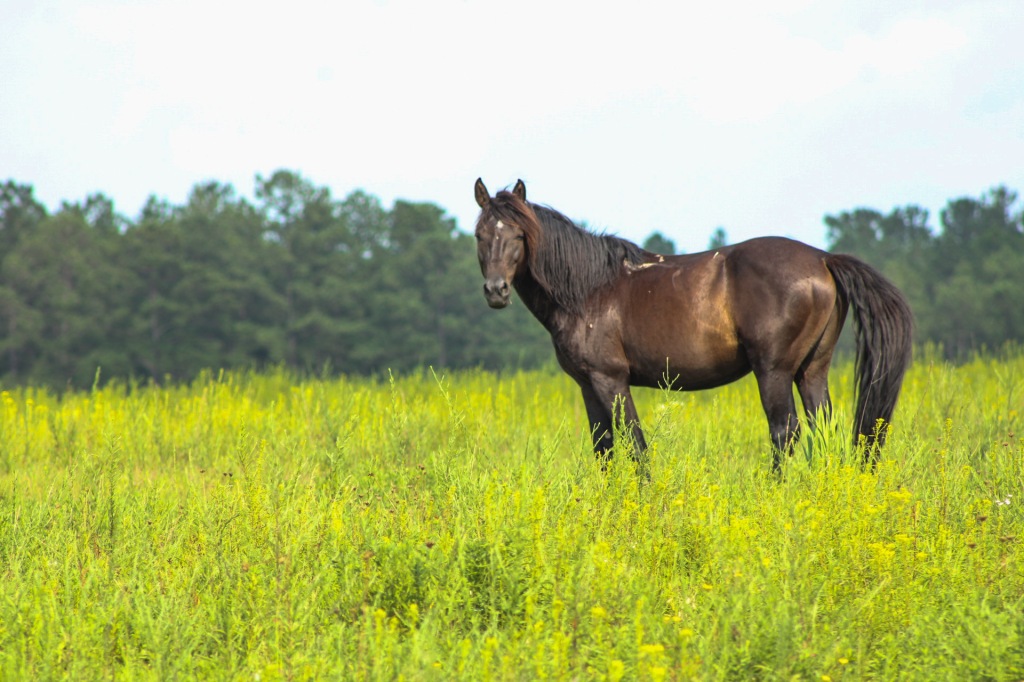
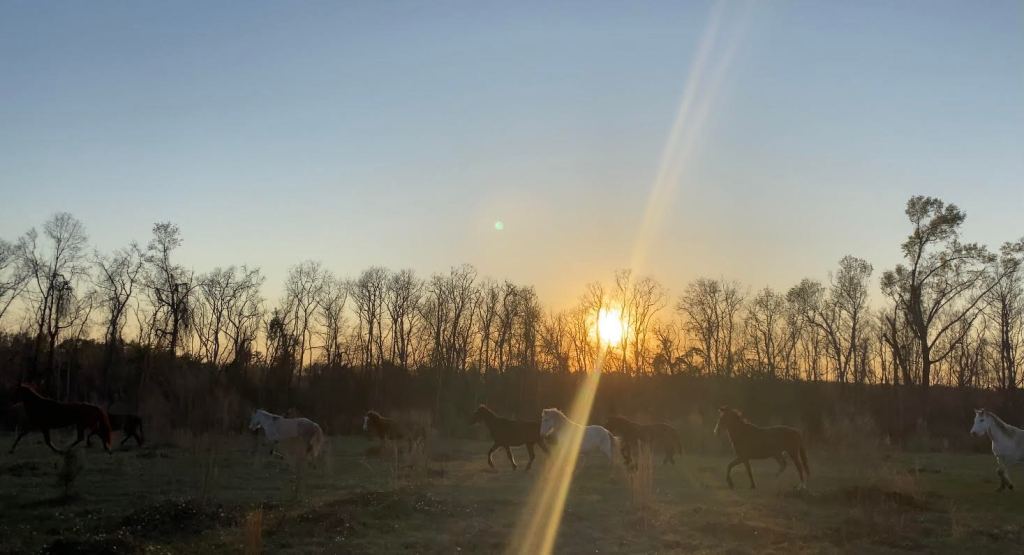
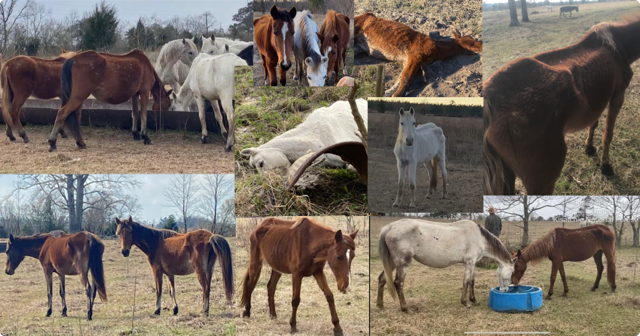
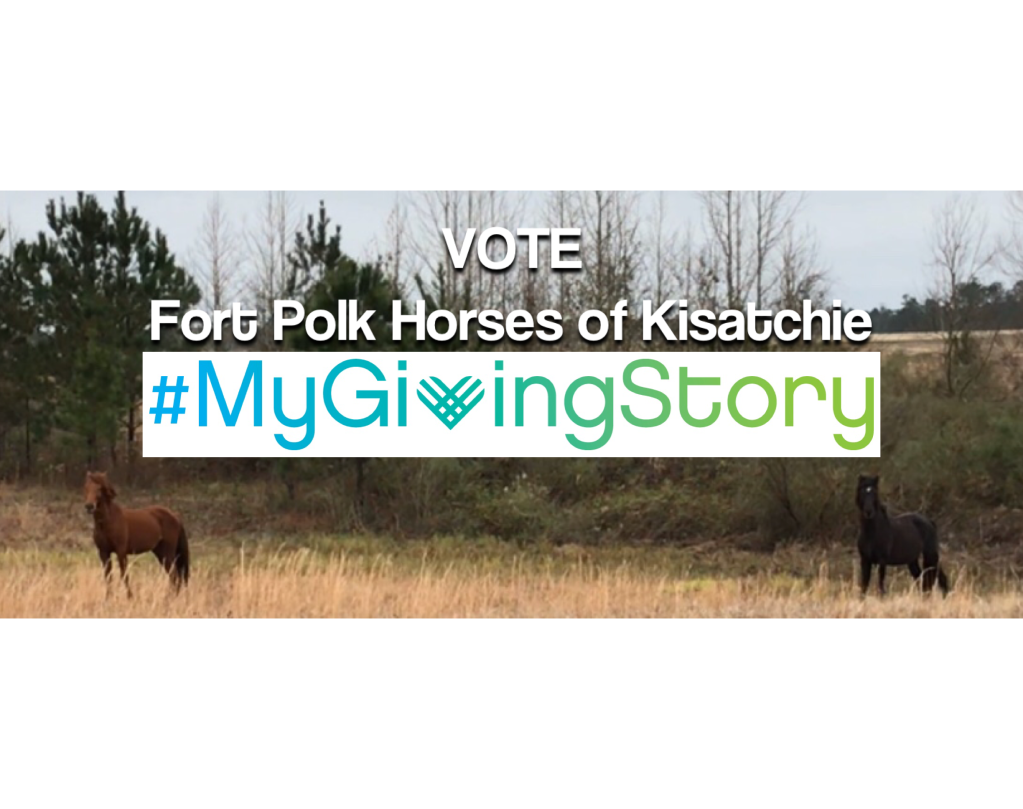
Leave a comment